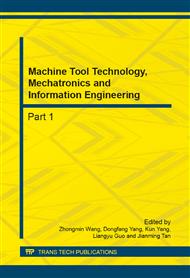p.5913
p.5917
p.5921
p.5925
p.5929
p.5934
p.5939
p.5943
p.5949
Comparative Study on Eco Tourism Development Potential between the Yellow River Delta and the Nansi Lake Wetland Nature Reserve
Abstract:
The wetland nature reserve has the contradiction between tourism development and environmental protection. Eco tourism is the route one must take to realize the tourism sustainable development of area wetland nature reserve. Measuring the potential development of ecological tourism through quantitative method has great reference value and guiding significance for promoting the rational tourism planning and development of wetland nature reserve. This paper selects three aspects of ecological tourism demand potential, ecological tourism supply potential, ecological tourism security potential, which influence and restrict the ecological tourism potential of nature reserve to construct evaluation index system of the potential for wetland eco tourism development, and uses the set pair analysis method to carry out a comparative evaluation between the Yellow River Delta and the Nansi Lake Wetland Nature Reserve. Studies shows that there are some differences in ecological tourism demand potential, ecological tourism supply potential and ecological tourism security potential.
Info:
Periodical:
Pages:
5929-5933
Citation:
Online since:
September 2014
Authors:
Price:
Сopyright:
© 2014 Trans Tech Publications Ltd. All Rights Reserved
Share:
Citation:


